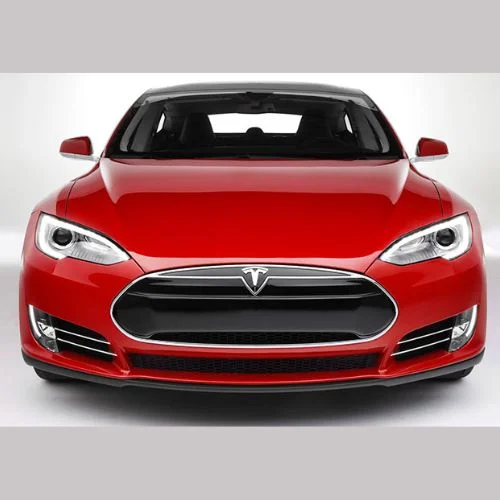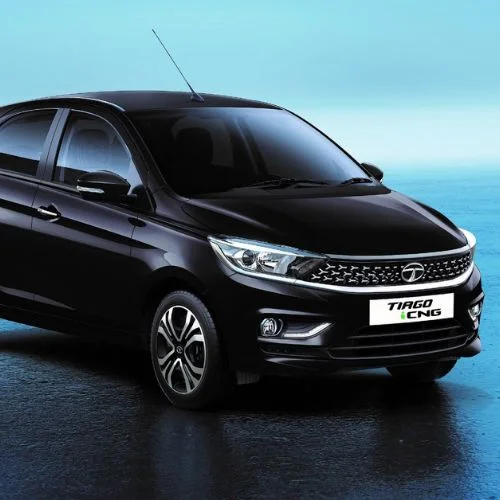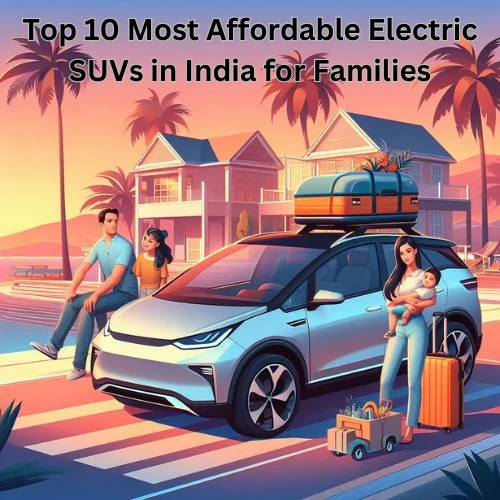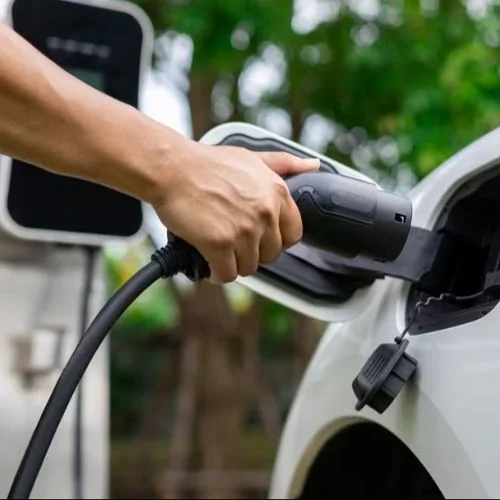India is currently working on a policy concerning vehicles that aims to lower import taxes, for car manufacturers who produce their vehicles locally. This decision was influenced by Tesla’s expressed interest in entering the market. If implemented this policy could lead to a reduction in taxes for built electric vehicle imports potentially bringing them down to as low as 15%. This move is expected to attract manufacturers. Subsequently boosted the sales of electric vehicles, in India, which is currently the world’s third-largest auto market.
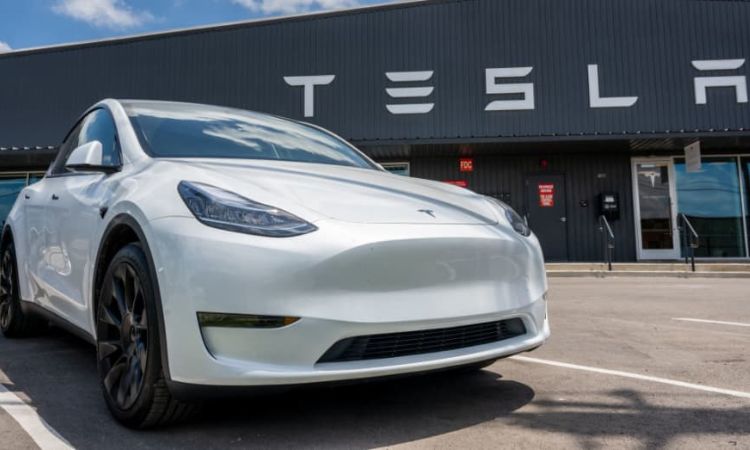
India is currently in the process of formulating a fresh EV or electric vehicle policy, with a specific focus on reducing import taxes for automakers willing to engage in local manufacturing. This move comes on the heels of a proposition put forth by Tesla, a company that is actively exploring entry into the Indian domestic market. Individuals privy to this matter have shared insights into the developing situation.
The envisaged policy carries the potential to permit automakers to bring fully assembled electric vehicles (EVs) into India, subject to significantly diminished taxes, potentially as low as 15%. This stands in stark contrast to the existing rates of 100% for vehicles exceeding $40,000 in cost and 70% for the rest.
A source, including a senior official within the Indian government, confirmed this information. A point of reference is Tesla’s popular Model Y, which commences at $47,740 in the United States before considering tax credits.
An official stated, “There exists a mutual understanding in connection with Tesla’s proposal, and the government is displaying genuine interest.”
If this policy alteration comes to fruition, it could yield a substantial reduction in the expenses tied to imported EVs, a situation that local car manufacturers have been keen to avert. Moreover, this policy shift could potentially pave the way for global automakers, not limited to Tesla, to tap into India’s status as the world’s third-largest automobile market. Presently, electric vehicle sales constitute a minor fraction, less than 2%, of total car sales in the nation; however, this segment is rapidly expanding.
The reduction in import taxes would present Tesla with the opportunity to market its entire range of models in India, not merely the newly-introduced domestically-produced car, according to a third reliable source.
Similar strategies have been adopted by other nations to encourage commitments to electric vehicle manufacturing. Indonesia, for instance, extended the offer of reducing import duties from 50% to zero for electric vehicle manufacturers who are considering investments. This move was largely interpreted as an enticement to attract both Chinese players and Tesla.
Tesla’s initial attempt to enter the Indian market in 2021 involved advocating for a reduction in the 100% import tax on electric vehicles. However, discussions between Tesla and the Indian government crumbled the following year when authorities insisted on a prior commitment to local manufacturing.
More recently, Tesla conveyed its eagerness to Indian officials about establishing a local manufacturing facility, geared towards producing a new electric vehicle priced around $24,000. This price point is approximately 25% lower than Tesla’s current entry-level model, intended for both the Indian market and overseas export.
Outside of the United States, Tesla presently operates manufacturing facilities in Shanghai, its largest globally, as well as in Berlin. An additional plant is under construction in Mexico, with a focus on a novel mass-market electric vehicle platform that Tesla CEO Elon Musk has indicated will lead to consumer cost reductions.
In terms of Tesla’s plans for India, Rohan Patel, Tesla’s senior executive in charge of public policy and business development, has been engaging in private discussions with top Indian officials. Prime Minister Narendra Modi, who held talks with CEO Elon Musk in June, has reportedly been closely monitoring the progress.
According to an insider, Tesla informed Indian officials that a potential manufacturing plant in India could achieve full capacity by 2030. Although the Indian government has communicated the absence of special incentives for Tesla’s market entry, Tesla has promoted the notion of a reduced import tax tied to a manufacturing commitment as a means to ensure mutual satisfaction, based on the available information.
However, New Delhi is approaching this policy proposal with caution, recognizing the potential market disruption and perturbation of domestic players like Tata Motors and Mahindra Mahindra, who are actively investing in domestic electric vehicle production.
As summarized by the aforementioned Indian official, “Despite the government’s keenness to welcome Tesla, this process will entail extensive deliberations due to its ramifications on domestic players.”









